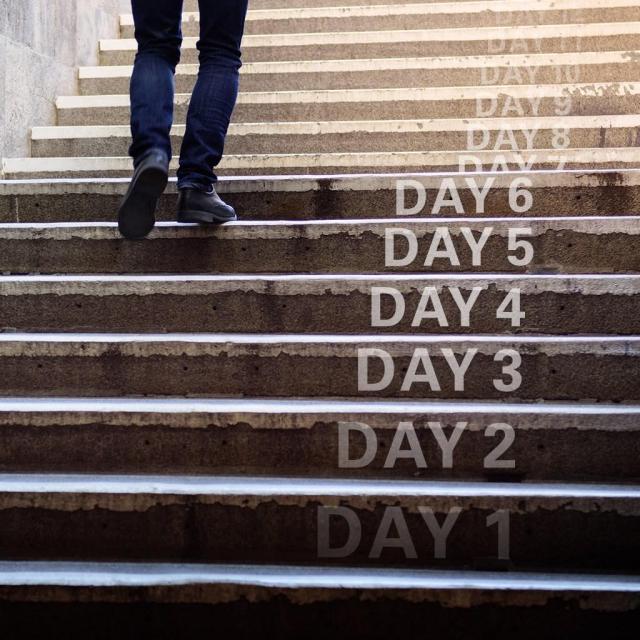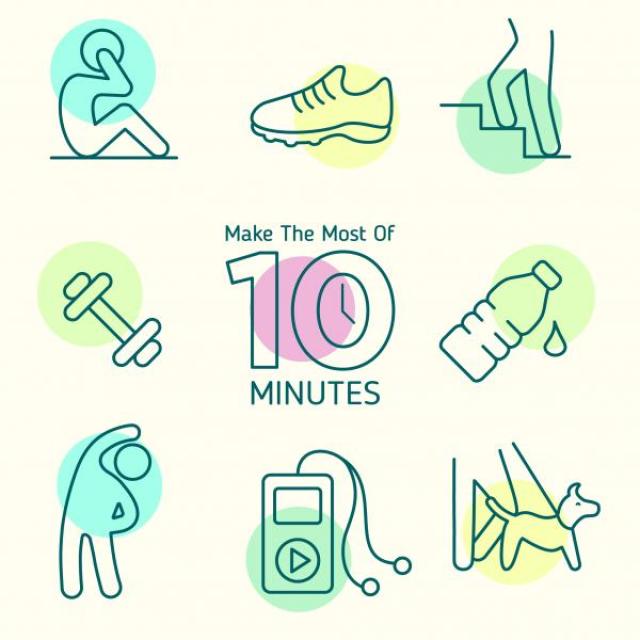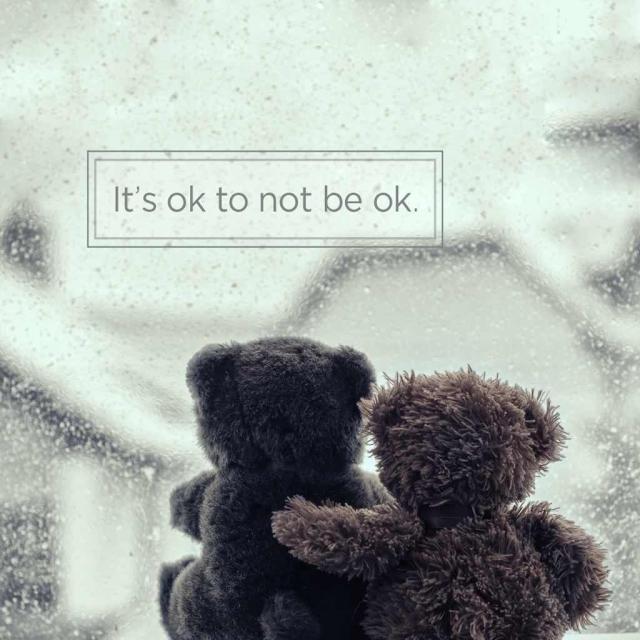Nicotine withdrawal can make quitting tough—especially in the first few weeks after quitting. Understand what nicotine withdrawal feels like and get ideas for easing symptoms.

What is withdrawal?
Sometimes people who at first quit successfully will give in and smoke within a week or two—because of withdrawal and cravings that are too intense to resist. Remember, withdrawal and intense cravings to smoke will go away! To keep the upper hand, know what to expect and how to cope.
Withdrawal is what your brain and body go through when they don't have nicotine. Withdrawal is normal for people who are trying to quit. It can be unpleasant, but withdrawal from tobacco is not dangerous. The first week is usually the hardest. After 2 weeks, many withdrawal symptoms will have gone away, and your urges to smoke will be weaker and farther apart.
To increase your chances of quitting successfully, consider using an FDA-approved quit smoking medication. They help by making cravings weaker and easing other withdrawal symptoms. Even if you’ve tried nicotine replacement therapy or a pill medication in the past and didn’t like it or weren’t successful in quitting, there are new ways to use them that may help more. Speak with your doctor, pharmacist, or a trained quit coach about using medications and how to get them.
Common Symptoms of WIthdrawal
- Feeling irritable and tense, having trouble concentrating, feeling “out of it.” Remember that these feelings will pass. Go easy on yourself.
- Feeling restless or too energetic, having trouble sleeping at night, or feeling drowsy during the day. For many smokers, withdrawal causes sleeping difficulties. Your body is rebounding. You can use this extra energy for exercise.
- Feeling anxious, nervous, or restless. These symptoms are common in the first few days. Reach out to a member of your support team. Whether or not you tell them you are craving a cigarette, having a conversation will occupy your mind and allow the craving to pass.
Cravings and Smoking Triggers
Think about the people, places, things, and situations in your life that trigger your urge to smoke—these are called smoking triggers. Knowing your smoking triggers and how to handle yourself in trigger situations can help you stay in control.
Some common smoking triggers are:
- Seeing someone else smoke
- Drinking alcohol or coffee
- Finishing a meal
- Taking a work break
- Feeling stressed or down
- Driving
Dealing with Cravings and Smoking Triggers
At first, you might want to avoid your triggers until you feel more comfortable handling your cravings. Unfortunately, some triggers and cravings are unavoidable—have a plan for what to do in these situations.
Medications and the use of the Four D’s can help you cope with cravings:
The Four D’s:
- Drink Water – Drink 6–8 glasses of water every day.
- Deep Breathe – Try a few deep breaths when you get the urge to smoke.
- Delay Smoking – Most urges to smoke only last a few minutes at a time. Try this meditation to help resist the immediate urge to smoke.
- Distract Yourself – Do anything to keep yourself from smoking! Here are a few suggestions:
- Read a magazine or complete a crossword puzzle.
- Change your routines. Sit in a different chair or take a walk after meals and on work breaks. Small changes in routine can be a big help.
- Keep smoking substitutes handy: try carrots, sugarless gum, flavored toothpicks, or breath mints.
- Exercise. Even a short walk will help.
- Visit with a good friend, eat a meal out, see a movie, play with a pet, buy flowers, or read to a child.
- Spend time in places where smoking is not allowed—libraries, museums, theatres, stores, places of worship, or nonsmoking places at work.
Meditation for Recent Quitters
People who have recently quit often feel overwhelmed by the idea of never smoking again. When you have the urge to smoke, focus on not smoking right now. Take it one day at a time. Remember that it will get easier. Use the meditation below to help you get through urges.
“I don’t have to quit forever; all I have to do is just not smoke today. I can do anything for this 1 day. Nothing will be too much for me. I can even break the day down into each of its 24 hours if the struggle demands it. I can focus on just 1 hour at a time. I can survive 60 minutes at a time without a cigarette. How freeing it is to realize I only have to quit smoking for today. I will do whatever I need to, to live without a cigarette today.”







